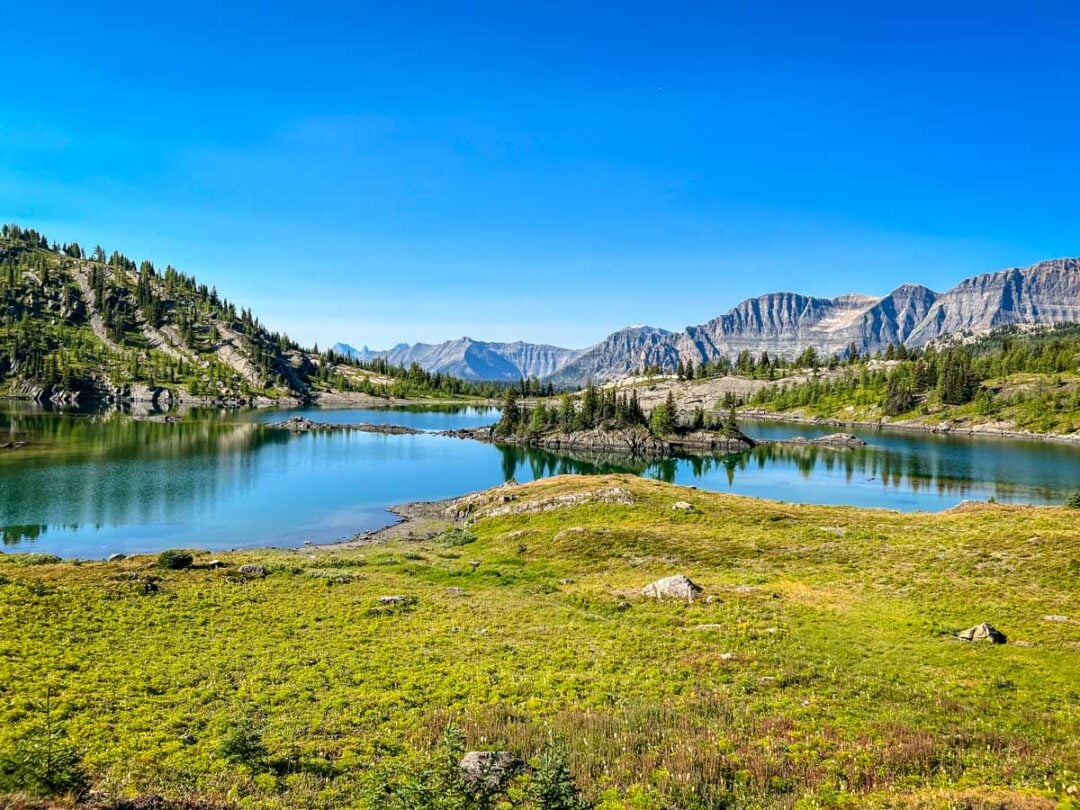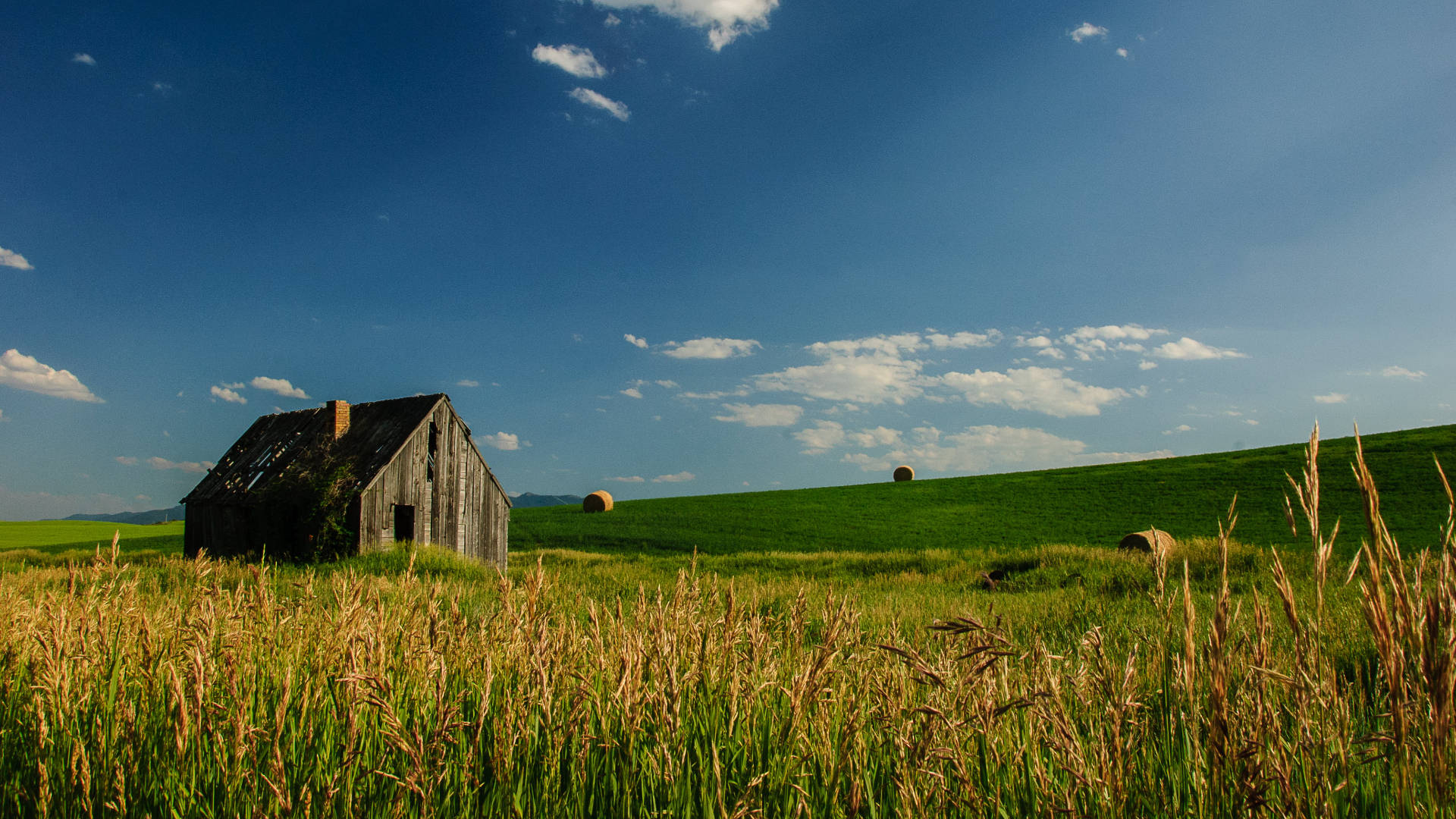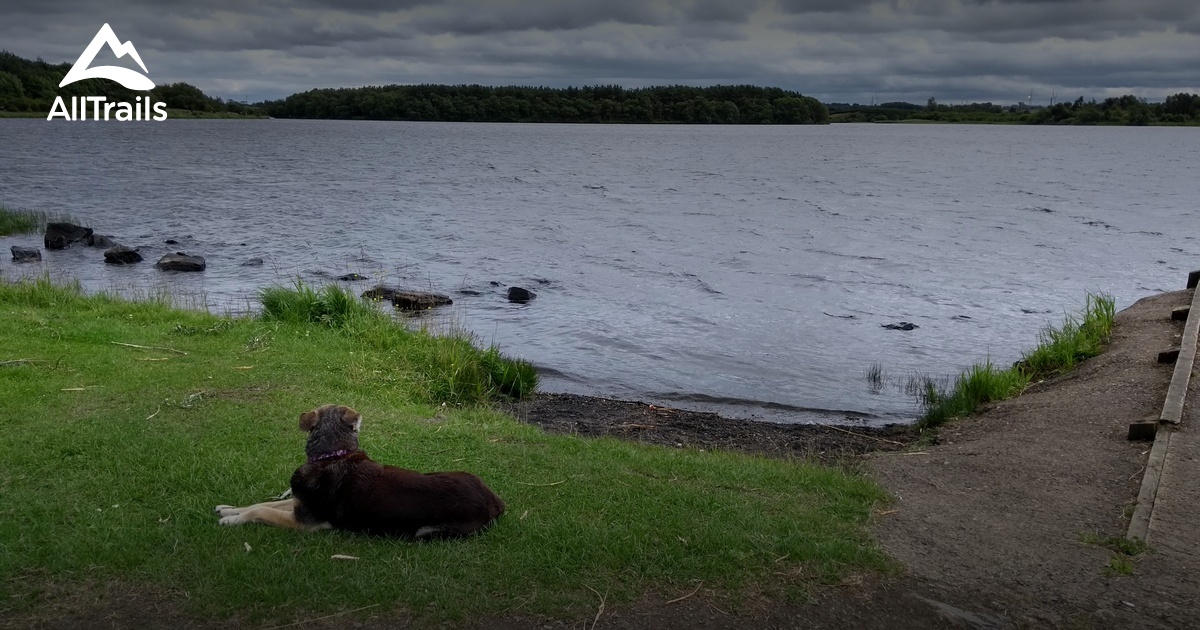Meadows State College: A Vision For Our Blue Planet
Detail Author:
- Name : Gia Hansen
- Username : gudrun.huel
- Email : heath.senger@gmail.com
- Birthdate : 2002-03-27
- Address : 72556 Sawayn Shoal Joanieshire, RI 85739-2047
- Phone : +1 (520) 595-7712
- Company : Grady Group
- Job : Drilling and Boring Machine Tool Setter
- Bio : Quos provident ullam quae ducimus et architecto. Et nihil aliquam vel. Ab iste sequi dolor dolore nulla dolores.
Socials
linkedin:
- url : https://linkedin.com/in/hilbert.kihn
- username : hilbert.kihn
- bio : Explicabo est recusandae iste iste minima.
- followers : 1552
- following : 1255
tiktok:
- url : https://tiktok.com/@hkihn
- username : hkihn
- bio : Accusantium eum doloremque voluptatem fugit eaque vel.
- followers : 1517
- following : 439
facebook:
- url : https://facebook.com/hilbert_real
- username : hilbert_real
- bio : Praesentium doloribus quos at vel.
- followers : 2355
- following : 2067
twitter:
- url : https://twitter.com/kihnh
- username : kihnh
- bio : Dolorem et aperiam velit. Earum est eum repellendus placeat recusandae. Sint dolor accusamus voluptas. Numquam iusto sapiente alias est earum.
- followers : 3443
- following : 1038
instagram:
- url : https://instagram.com/hilbert_kihn
- username : hilbert_kihn
- bio : Aliquam aut minus et sit voluptas sit magnam. Sint harum consectetur laborum itaque iure.
- followers : 1977
- following : 2954
Have you ever considered a place where the deep mysteries of the ocean truly come alive, where learning feels like a vital quest for the health of our planet? Meadows State College, in a way, stands as a beacon for this very aspiration. It’s not just about textbooks and lectures; it's about connecting with the living world around us, especially that vast, salty expanse that covers so much of our globe. We're talking about a kind of education that really gets to the heart of what makes our coastal environments, and indeed, all ocean ecosystems, so incredibly special and, frankly, so very fragile right now. This is a college, you know, that really understands the powerful link between human well-being and the vitality of our natural world, particularly the watery parts.
So, you might be wondering, what kind of institution is this? Well, it's a place deeply rooted in the crucial work of exploring and understanding the ocean. Imagine learning about those amazing seagrass meadows, plants so perfectly adapted to live a completely submerged life in the salty shallows. These aren't just pretty underwater gardens; they are, to be honest, crucial nurseries for sea life, providing a prime habitat for prized shellfish—think about those delicious bay scallops, for example. A college like this would, quite naturally, put a lot of focus on such vital areas, helping students grasp just how interconnected everything truly is.
And, you know, it’s also about more than just marine life. This institution seems to draw inspiration from the very real challenges and triumphs of individuals who dedicate their lives to environmental safety. There's a story, for instance, about someone named Meadows, who shares his own tale of survival from the 2004 Indian Ocean tsunami. He now serves as NOAA’s first environmental hazards representative on the new U.S. team, which is a pretty big deal. This kind of personal dedication, in some respects, really shapes the spirit of a place like Meadows State College, guiding its commitment to protecting our natural world and preparing the next generation to face environmental challenges head-on.
Table of Contents
- The Spirit of Meadows: The Person and The College
- Exploring the Blue Planet at Meadows State College
- Coastal Ecosystems and Climate Resilience
- Safeguarding Water Quality: A Core Mission
- The Microbial World of the Ocean
- A Gateway to Ocean Science Learning
- Frequently Asked Questions About Meadows State College
- A Future for Our Oceans
The Spirit of Meadows: The Person and The College
When we talk about Meadows State College, it’s not just a name plucked from thin air. It seems to embody the spirit of individuals who have truly faced the raw force of nature and emerged with an even deeper commitment to its preservation. Take, for instance, the story of Meadows, a person whose personal experience with the devastating 2004 Indian Ocean tsunami, you know, shaped his life's direction. His tale of survival, shared on a significant site, highlights the very real, very human connection to environmental hazards and the urgent need for understanding them. He’s now NOAA’s first environmental hazards representative on a new U.S. team, which is, honestly, a pretty remarkable role. This kind of dedication, this firsthand experience, arguably, forms the very soul of what Meadows State College aims to instill in its students: resilience, a deep sense of responsibility, and an active role in protecting our world.
This college, in a way, draws inspiration from such powerful personal narratives. It suggests a place where academic pursuits are deeply intertwined with real-world impact and a profound respect for nature's forces. Students here might not just learn about environmental science; they might also learn from the lived experiences of those who have seen its critical importance firsthand. The very name, Meadows State College, seems to whisper of both the natural beauty of ecosystems, like those waving seagrass meadows, and the human courage to confront environmental challenges. It's about, you know, fostering a generation that is not only knowledgeable but also genuinely passionate about making a difference.
So, it’s really about building a community that understands the narrow region where land and ocean meet is among the most dynamic and complex collection of physical and biological systems on earth. This area, too, is where many environmental hazards, like tsunamis, can have their most profound impact. The college, therefore, would likely emphasize practical, hands-on learning, perhaps with opportunities to work alongside experts like Meadows himself, gaining insights that go far beyond what any textbook can offer. It’s a very practical approach to learning, it seems.
Bio Data of Meadows
| Role | NOAA’s first Environmental Hazards Representative (on a new U.S. team) |
| Notable Experience | Survivor of the 2004 Indian Ocean Tsunami |
| Key Contribution | Shares personal survival tale to inform and inspire |
| Focus Area | Environmental safety and hazard preparedness, ocean science communication |
| Affiliation | NOAA (National Oceanic and Atmospheric Administration) |
Exploring the Blue Planet at Meadows State College
Meadows State College, it appears, would place a huge emphasis on exploring and understanding the ocean, which is, you know, absolutely vital for our future. Imagine a curriculum that truly delves into the vastness of ocean ecosystems, from the frigid polar regions to the vibrant coastal waters, and even the mysterious depths of coral reefs. Students would, quite possibly, learn about the incredible life found near hydrothermal vents, those strange, hot spots on the seafloor, or the unique conditions of the abyssal plain, the very bottom of the sea. This isn't just about memorizing facts; it's about fostering a genuine curiosity and a deep respect for all life in our oceans.
The college would, very likely, be a hub for cutting-edge research. Picture students and faculty working together to uncover new secrets of marine life, perhaps studying the intricate food webs or the amazing adaptations of creatures living in extreme environments. They might, for instance, be analyzing data from remote ocean sensors or conducting fieldwork in diverse marine habitats. This kind of hands-on experience is, arguably, what truly prepares future scientists and conservationists. It’s about, you know, getting your hands wet and seeing the science in action.
Furthermore, the focus on understanding the ocean would extend to its smallest inhabitants. Microbial life, for example, can be found throughout the ocean, from rocks and sediments beneath the seafloor, across the vast stretches of open water, to intertidal and surf zones. Learning about these tiny organisms is, in fact, incredibly important because they play a huge role in the ocean's health and its overall chemistry. A program at Meadows State College would, therefore, definitely include studies in marine microbiology, helping students grasp the unseen forces that shape our planet’s largest ecosystem.
Coastal Ecosystems and Climate Resilience
Coastal ecosystems, as we know, are truly remarkable places, and Meadows State College would, without a doubt, highlight their immense importance. These areas, like tidal salt marshes and those thick, waving meadows of eelgrass, are not just beautiful landscapes; they also capture and store massive amounts of carbon in both plants and sediments for centuries or longer. This natural carbon sequestration is, in a way, a powerful tool in the fight against climate change, and the college would surely make this a central part of its environmental studies programs. It's about, you know, understanding nature's own solutions to big global problems.
The curriculum would, very likely, involve in-depth studies of these vital habitats. Students might learn about the delicate balance within salt marshes, how they protect shorelines from storms, and how their unique plant life thrives in salty conditions. They could, perhaps, participate in restoration projects aimed at preserving or rebuilding these precious ecosystems. This hands-on approach would, honestly, give them a real sense of the practical challenges and rewards of environmental conservation. It's a very direct way to make a difference, you know.
Moreover, the college would probably explore the intricate relationship between these coastal areas and the broader ocean. The narrow region where land and ocean meet is, in fact, among the most dynamic and complex collection of physical and biological systems on earth. Understanding this zone is, arguably, crucial for predicting how our planet will respond to climate shifts and for developing effective strategies for coastal resilience. Meadows State College would, therefore, prepare its graduates to be at the forefront of these critical efforts, equipping them with the knowledge and skills to protect our vulnerable coastlines for generations to come. It's a truly vital mission, really.
Safeguarding Water Quality: A Core Mission
One of the most pressing issues facing our aquatic environments, and something Meadows State College would certainly address head-on, is the degradation of water quality. The health of estuaries, those incredible places where fresh river water meets the salty sea, continues to decline due to excess nutrients. These nutrients come from various anthropogenic sources, meaning human-caused sources, such as leaching septic systems and agricultural runoff. This is, in fact, a very serious problem, impacting everything from marine life to human health. The college would, therefore, be deeply committed to finding solutions.
Programs at Meadows State College would, very likely, focus on understanding the sources of pollution and developing effective mitigation strategies. Students might study water chemistry, environmental engineering, or public policy related to water management. They could, for instance, conduct research on how different pollutants affect marine organisms or design innovative systems to reduce nutrient loads entering coastal waters. This kind of practical, problem-solving approach is, arguably, what sets a college like this apart. It’s about, you know, tackling real-world challenges with real-world solutions.
The emphasis would also be on prevention and public awareness. Learning about the impact of our daily actions on water quality is, in some respects, just as important as scientific research. The college might, perhaps, engage with local communities to promote sustainable practices or educate the public about the importance of clean water for both ecological balance and economic well-being. This comprehensive approach, addressing both the scientific and societal aspects of water quality, would make graduates of Meadows State College well-equipped to advocate for and implement positive change. It's a very holistic way of looking at things, you know.
The Microbial World of the Ocean
The ocean, it turns out, is teeming with life, much of which is invisible to the naked eye. Meadows State College would, undoubtedly, dedicate significant attention to the microbial world of the ocean, which is, honestly, incredibly complex and vital. Microbial life can be found throughout the ocean, from rocks and sediments beneath the seafloor, across the vast stretches of open water, to intertidal and surf zones. These tiny organisms, you know, play a huge role in global cycles, affecting everything from climate to the health of marine food webs. It’s a bit like discovering a hidden universe right beneath the surface.
Students pursuing studies here would, very likely, explore the diverse types of microbes, their unique adaptations, and their functions within different ocean ecosystems. They might, for instance, learn about how certain bacteria convert sunlight into energy, much like plants, or how others break down organic matter, recycling nutrients back into the water. This understanding is, in fact, fundamental to grasping the overall health and productivity of the ocean. It's about, you know, seeing the bigger picture by looking at the smallest components.
The college might also delve into the impact of environmental changes on these microbial communities. How do rising ocean temperatures or increasing pollution affect the delicate balance of marine microbes? These are, arguably, some of the most important questions facing ocean science today. Graduates from Meadows State College would, therefore, be prepared to contribute to cutting-edge research in this field, helping us better understand and protect the foundational elements of marine life. This area of study is, truly, very important for the future of our planet.
A Gateway to Ocean Science Learning
Meadows State College would, it seems, function as a true gateway to trusted ocean science content, much like an ocean learning hub. This isn't just about traditional classroom learning; it's about making complex scientific information accessible and engaging. Imagine a resource where you can easily explore by topic, media type, grade level, and even educational standards. This approach suggests a commitment to broad education, reaching not only college students but perhaps also the wider community, fostering a general appreciation for ocean science. It’s a very open and inviting way to learn, you know.
The college's educational philosophy would, very likely, emphasize diverse learning methods. Students might engage with interactive simulations, watch compelling documentaries, or participate in citizen science projects. This varied approach ensures that different learning styles are accommodated and that the material truly resonates with everyone. It's about, you know, making science exciting and approachable, rather than intimidating.
Furthermore, the college would, arguably, be a place where research findings are actively translated into educational materials. This means that the latest discoveries about seagrass meadows, for example, or new insights into microbial life, would quickly find their way into the curriculum and public outreach programs. This constant flow of fresh information ensures that the education provided is always current and relevant. This connection between research and education is, in fact, a pretty powerful combination, helping to inspire the next generation of ocean stewards. And, you know, it just makes sense.
Frequently Asked Questions About Meadows State College
People often have questions when considering a college with such a unique focus. Here are a few common inquiries you might have about Meadows State College:
What kind of research opportunities are available for students at Meadows State College?
Students at Meadows State College would, very likely, have many chances to get involved in real-world research. This could include fieldwork in coastal ecosystems, laboratory work studying marine microbes, or even data analysis related to ocean exploration. The college seems to foster an environment where students work alongside faculty, contributing to ongoing projects that aim to understand and protect our oceans. It's a very hands-on approach, you know, which is great for learning.
How does Meadows State College contribute to ocean conservation efforts?
The college would, arguably, contribute in several important ways. By focusing on understanding ocean ecosystems, from seagrass meadows to deep-sea vents, and by addressing issues like water quality degradation, it directly supports conservation. The emphasis on coastal ecosystems that capture carbon, for instance, shows a commitment to climate resilience. Plus, by educating future environmental leaders, the college prepares individuals who will go on to make a significant impact in conservation roles. It's about, you know, creating a ripple effect for good.
Are there opportunities for community engagement or outreach at Meadows State College?
Yes, very likely! Given the college's apparent mission to be a "gateway to trusted ocean science content," there would probably be many opportunities for community engagement. This could involve educational programs for local schools, public workshops on ocean health, or collaborative projects with local conservation groups. The college seems to believe in sharing its knowledge and passion with the wider community, fostering a collective responsibility for our blue planet. It's a very inclusive approach, really, and quite important for environmental awareness. Learn more about the importance of seagrass meadows from NOAA.
A Future for Our Oceans
Meadows State College, it seems, offers a truly compelling vision for the future of environmental and ocean science education. By drawing inspiration from the resilience of individuals like Meadows, and by dedicating its efforts to understanding and protecting critical ecosystems—from the waving meadows of eelgrass that provide crucial nurseries for sea life to the vast, unexplored abyssal plain—the college sets a high standard. It’s a place where the importance of coastal ecosystems, which capture and store massive amounts of carbon, is deeply understood. This kind of institution, you know, really aims to prepare students to face the complex challenges of our world, like the ongoing degradation of water quality in estuaries due to excess nutrients. It’s about creating a generation that is not only knowledgeable but also deeply committed to the health of our planet, fostering a spirit of exploration and stewardship. Learn more about ocean ecosystems on our site, and link to this page to discover more about coastal conservation.

Sunshine Meadows Hike in Banff National Park - Travel Banff Canada

Download Green Meadows In Idaho Wallpaper | Wallpapers.com

Best river trails in Lochore Meadows Country Park | AllTrails